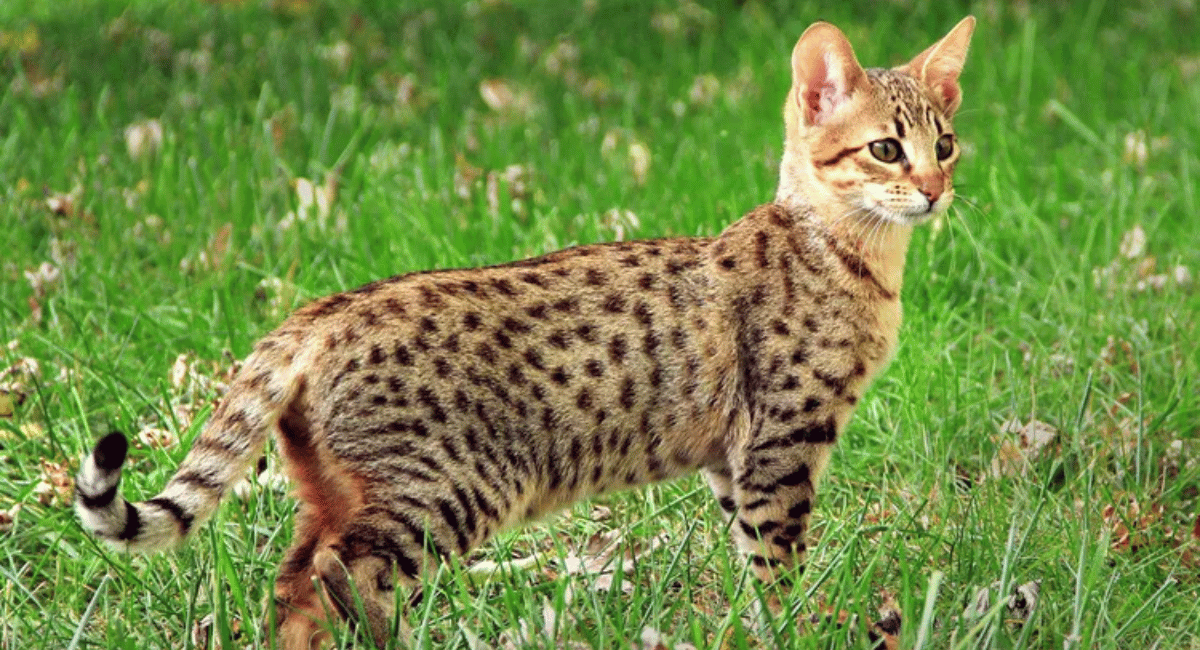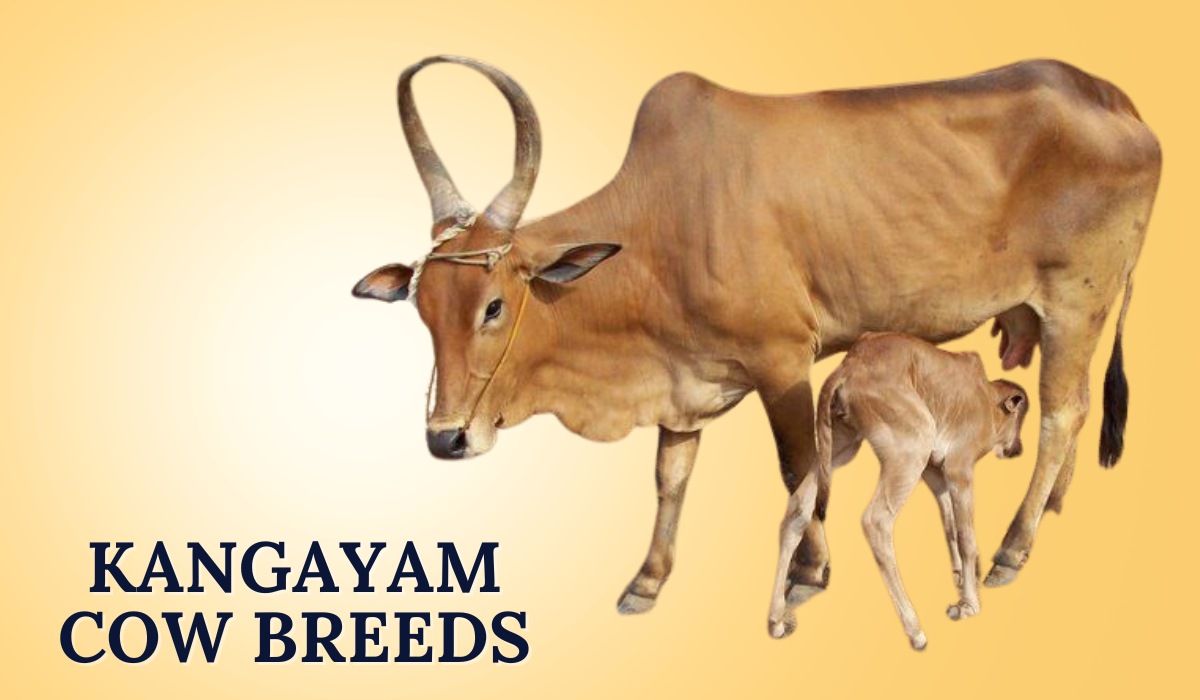The Savannah cat is a captivating hybrid breed that has captured the hearts of cat enthusiasts around the world. Born from the mating of a wild serval (Leptailurus serval) and a domestic cat (Felis catus), these remarkable felines combine the striking appearance and playful energy of their wild ancestor with the affectionate and sociable traits of domestic cats. With their unique spotted coats, large ears, and graceful builds, Savannah cats are often mistaken for miniature wild cats, making them an unfamiliar and appealing choice for pet lovers seeking a distinctive companion.
Originating in the 1980s, the Savannah cat breed was created with the goal of producing a domestic cat that retains the wild beauty of the serval while also being suitable for life as a pet. The first known hybrid was born in 1986, and since then, the breed has gained popularity for its striking looks and engaging personality. As one of the few hybrid breeds recognized by major cat registries, Savannah cats come in various generations, each reflecting different proportions of serval ancestry. Their unique combination of wild and domestic traits not only makes them fascinating companions but also poses specific care and legal considerations for potential owners, ensuring that the legacy of this remarkable breed continues to thrive.
Savannah Cat: The Hybrid of Serval and Domestic Cat
What is a Savannah Cat?
The Savannah cat is a fascinating hybrid Animal breed that emerged in the 1980s, born from the desire to create a domestic cat that preserved the striking beauty and characteristics of the wild serval. The first known Savannah cat made its debut in 1986 when a serval was successfully mated with a domestic cat, marking the beginning of a unique breeding program. Over the years, breeders have refined the breed, resulting in various generations classified based on their percentage of serval ancestry. This careful breeding process has not only emphasized the physical traits of the Savannah cat but has also maintained a balance of temperament suitable for domestic life.
Savannah cats are celebrated for their tall, slender physique and large, upright ears that contribute to their unfamiliar appearance. Their distinctive spotted coats, which can vary in color, closely resemble that of their wild ancestor, making them stand out among other domestic cat breeds. As a result, these hybrids have gained popularity among cat enthusiasts who are drawn to their unique look and vibrant personalities. However, owning a Savannah cat comes with specific considerations, as their wild ancestry influences their behavior and care requirements. Understanding these factors is essential for potential owners who wish to provide a suitable environment for these remarkable feline companions.
Generations of Savannah Cats
Physical Characteristics of Savannah Cats
Savannah cats are known for their striking and unfamiliar appearance, which often resembles that of their wild ancestor. Here are some of their key physical traits:
- Size and Build: Savannah cats are typically larger than most domestic cats, with males weighing between 12 to 25 pounds and females ranging from 8 to 20 pounds. They have a tall and slender build, long legs, and a graceful gait.
- Coat and Coloration: Their coats are one of the most distinctive features, usually characterized by a spotted or marbled pattern that comes in various colors, including brown, silver, and black. The spots are reminiscent of a serval’s coat, giving them an unfamiliar appearance.
- Ears and Eyes: Savannah cats have large, upright ears that are wide at the base, allowing for excellent hearing. Their eyes are almond-shaped and can range in color from gold to green, often contributing to their captivating gaze.
Temperament and Personality
Savannah cats are not only known for their stunning appearance but also for their engaging and playful personalities. Here are some key traits:
- Intelligence: Savannah cats are highly intelligent and curious animals. They require mental stimulation and interactive play to keep them engaged. Puzzle toys, climbing structures, and interactive games are great ways to satisfy their inquisitive nature.
- Social Nature: These cats are typically social and enjoy the company of their human families. They often bond closely with their owners and can exhibit dog-like behaviors, such as following their people around and playing fetch.
- Activity Level: Savannah cats are energetic and require plenty of exercise. They love to run, jump, and explore their environment. Regular playtime and space to roam are essential to their well-being.
- Vocalization: While they are generally not as vocal as some other breeds, Savannah cats can be quite chatty, using a range of sounds to communicate with their owners.
Care Requirements for Savannah Cats
Caring for a Savannah cat involves understanding their unique needs and lifestyle requirements. Here are some important considerations for potential owners:
- Diet: A balanced diet is crucial for the health of Savannah cats. High-quality cat food that meets their nutritional needs is essential. Consult with a veterinarian for dietary recommendations tailored to your cat’s age and activity level.
- Exercise: Regular exercise is vital for keeping Savannah cats physically fit and mentally stimulated. Interactive play sessions and access to safe outdoor spaces or catios can help satisfy their need for activity.
- Socialization: Early socialization is important for Savannah cats to develop well-rounded personalities. Introducing them to various environments, people, and other pets during their formative weeks can lead to a more adaptable and confident adult cat.
- Grooming: Although Savannah cats have short coats that require minimal grooming, regular brushing can help reduce shedding and keep their fur healthy. Regular nail trimming and dental care are also essential for their overall health.
Legal Considerations
Legal Considerations play a significant role when it comes to owning a Savannah cat, particularly because of its hybrid nature and wild ancestry. In many regions, laws governing the ownership of hybrid Animal breeds vary widely, and it’s essential for potential owners to understand these regulations before bringing a Savannah cat into their homes. Certain states and municipalities impose restrictions on the ownership of F1 and F2 generations, which are the closest in lineage to the wild serval. In some cases, permits may be required, or ownership may be entirely prohibited for these generations due to concerns about their wild instincts and potential impact on local ecosystems.
To ensure compliance with local laws, it is crucial to research the specific regulations in your area regarding hybrid cats. This may involve contacting local animal control agencies or checking state wildlife laws to determine if any restrictions apply to Savannah cats. Additionally, breeders often provide information on the legal status of their cats based on their generation and the region in which they are sold. By being informed and understanding the legal implications, prospective owners can make educated decisions and ensure that they are prepared for the responsibilities of owning a Savannah cat while adhering to the regulations in their area.
Conclusion
The Savannah cat is a captivating hybrid Animal breed that combines the features of the Serval with the friendly nature of domestic cats. With their striking appearance, playful personality, and intelligence, they have become a favorite among cat enthusiasts. However, prospective owners should be prepared for the unique challenges and responsibilities that come with caring for this special breed. By understanding their needs and providing a loving and stimulating environment, you can enjoy a rewarding relationship with a Savannah cat, experiencing the best of both the wild and domestic worlds. As the popularity of this hybrid continues to grow, the Savannah cat stands as a testament to the beauty of nature and the bonds that can form between humans and animals.



